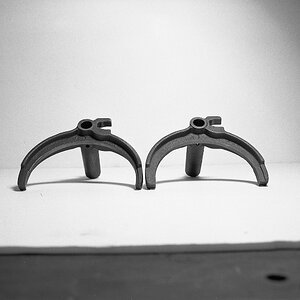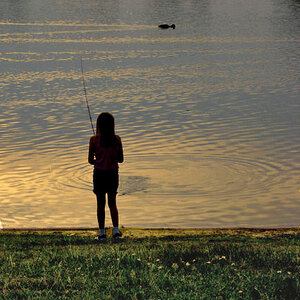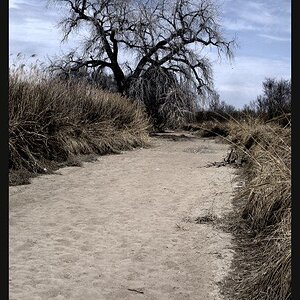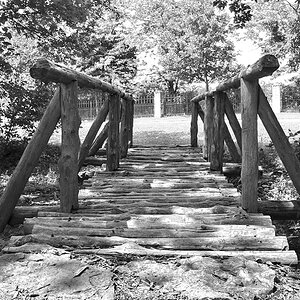Jcederroth94
TPF Noob!
- Joined
- May 18, 2017
- Messages
- 28
- Reaction score
- 2
- Location
- long Island N.Y
- Can others edit my Photos
- Photos OK to edit
so I'm interested in getting into paid photography and need advice on how to build a portfolio, like what to shoot and what I should include in my portfolio I tried reaching out but no one will take me seriously until I have a portfolio. the problem is how do I create one without work. At this time I'm not planning on focusing in on a particular field just something general to maybe get me an assistant job or some small real estate jobs to get my name out there. I tried to join some local groups on Facebook but haven't gotten accepted into the groups since their mostly pro groups any help would be amazing













